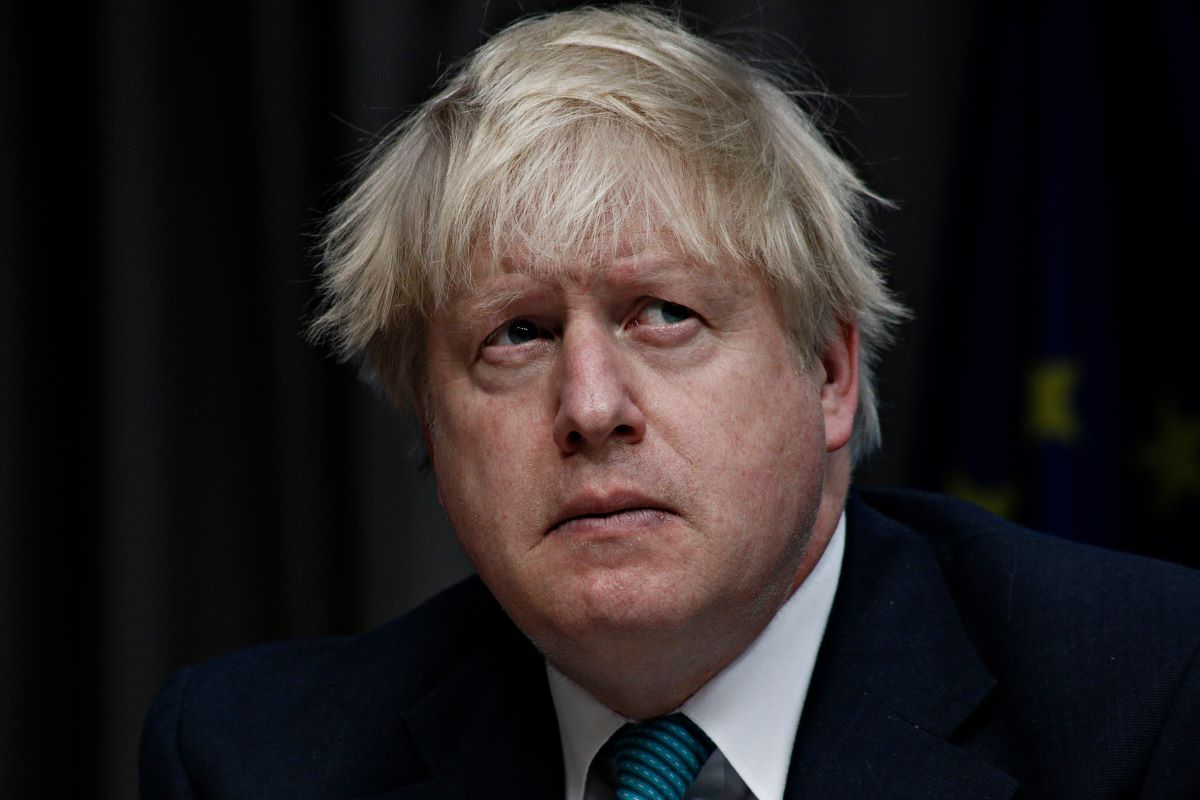Former Prime Minister Boris Johnson’s recent voting mishap has ignited a national conversation on the accessibility and integrity of electoral regulations in the UK. Here’s the full story.
Hoisted by His Own Petard

Disgraced former Prime Minister Boris Johnson, who was kicked out of power by his party following his handling of a Conservative sex scandal, found himself hoisted by his own petard during the local elections in England.
Turned Away
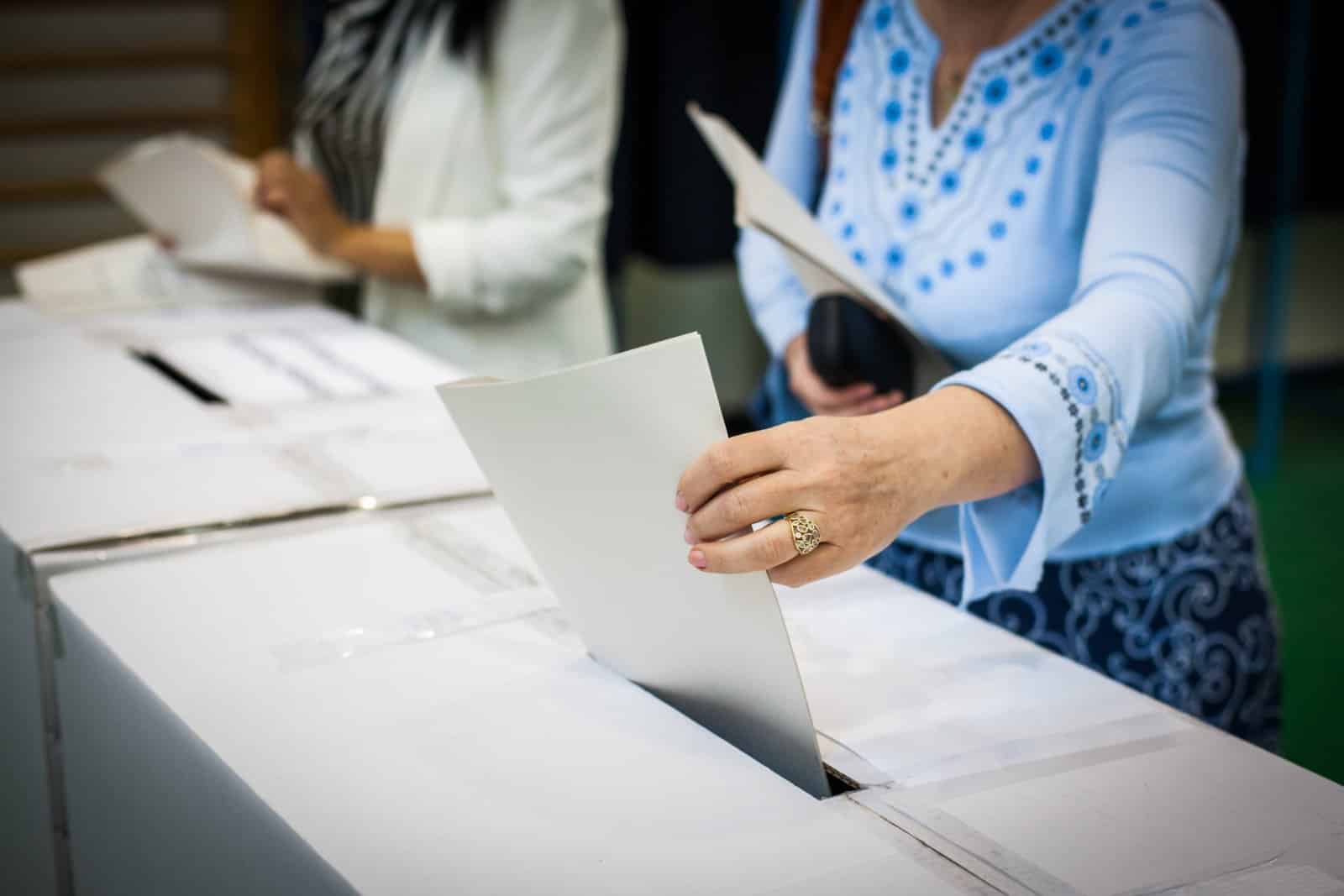
Johnson was turned away from a polling station for failing to produce appropriate photo identification, a new rule he implemented during his time as Prime Minister. However, he was later able to return with ID to vote.
Mix Up
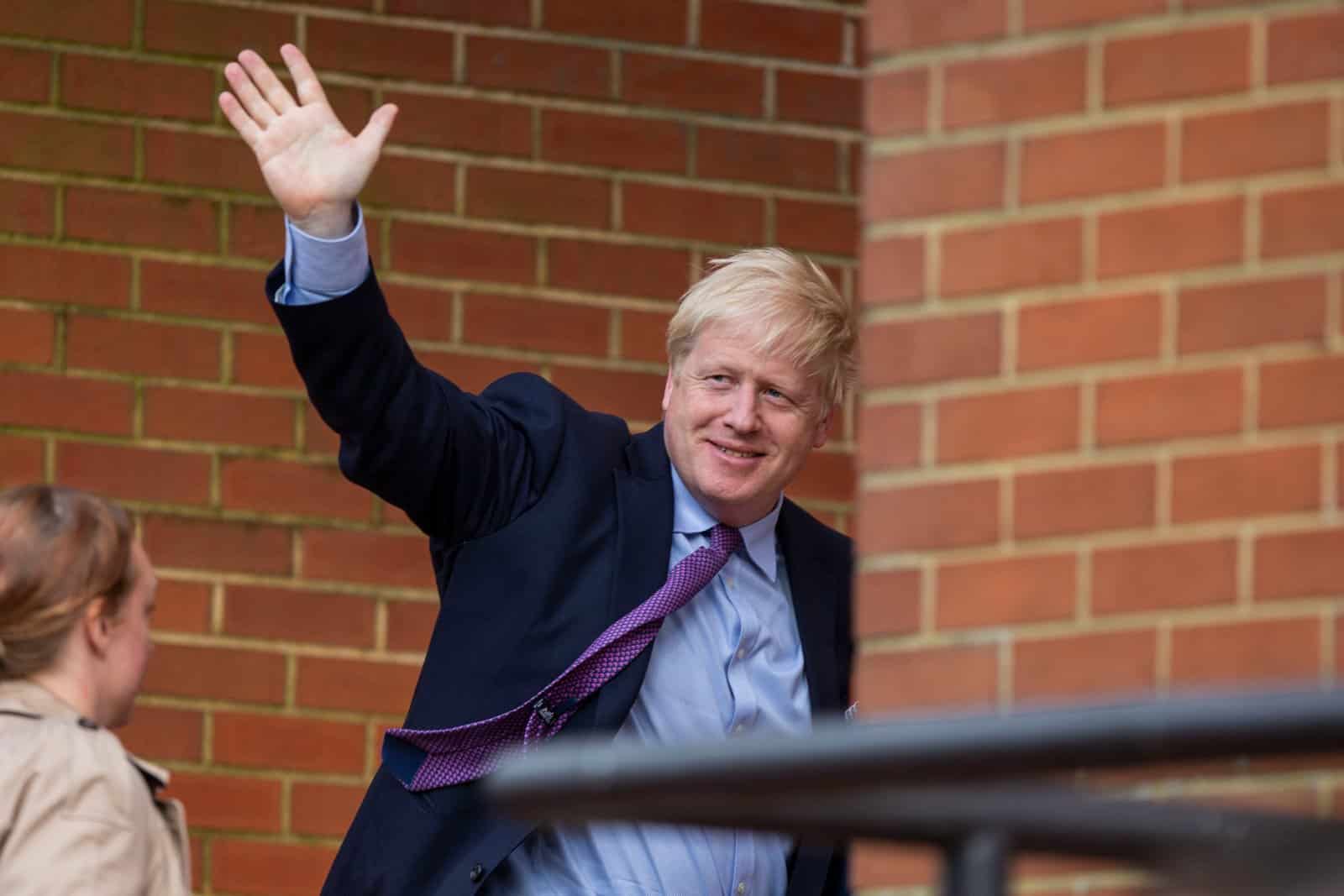
The former Prime Minister’s mix-up led to an ongoing debate over the necessity of voter ID laws introduced last year under the Elections Act 2022.
“Protect Democracy”

At the time, Johnson stated, “What we want to do is protect democracy, the transparency and the integrity of the electoral process. And I don’t think it’s unreasonable to ask first-time voters to produce some evidence of identity.”
Cutting Down on Voter Fraud
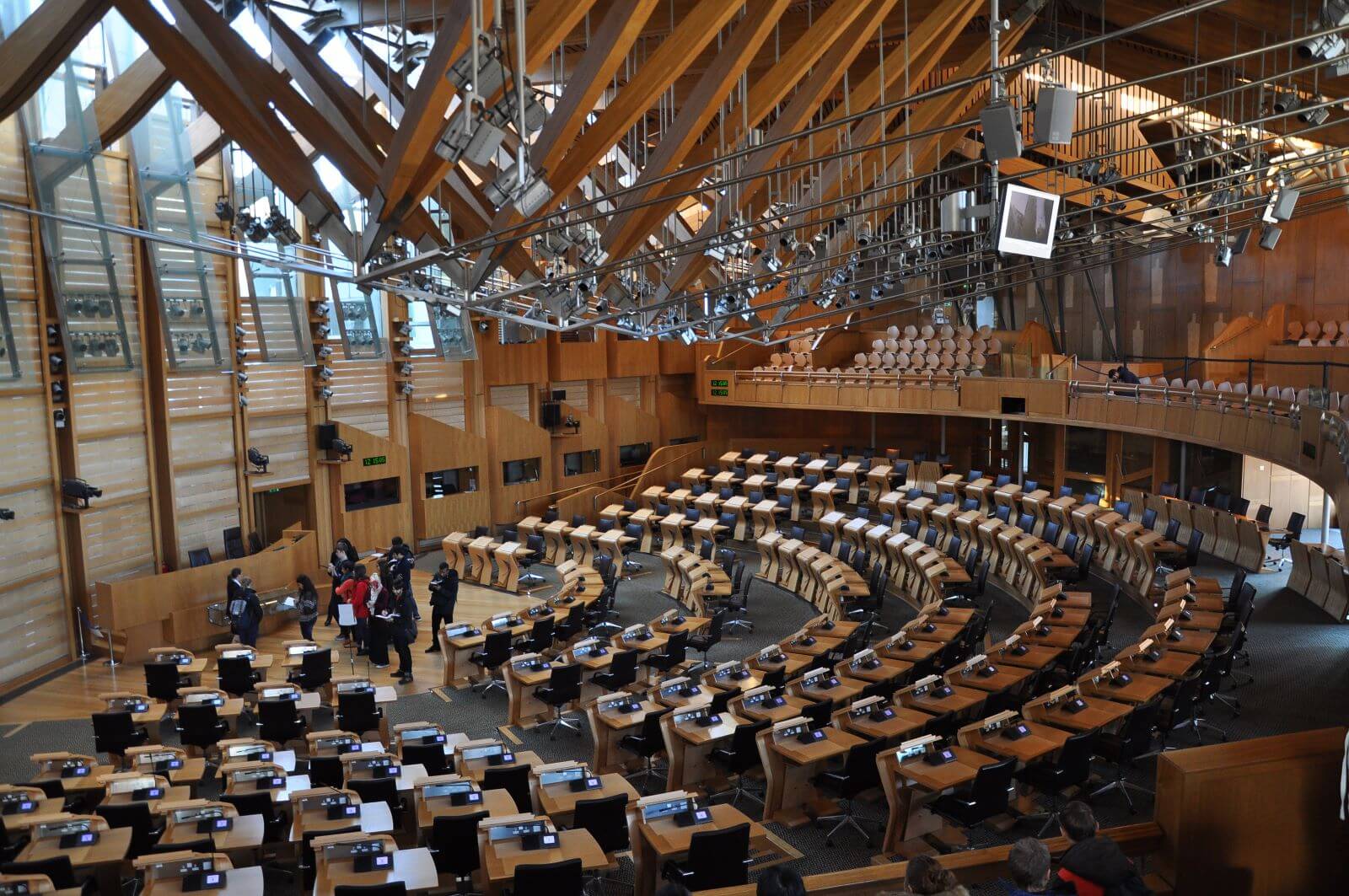
Ministers in Johnson’s government argued that the new rules were necessary to cut down on large-scale voter fraud, which, according to the Electoral Commission, does not exist in the UK.
Negligible Problem

In the past five years, there have been less than 1,500 cases of electoral fraud, of which ten led to convictions, four led to cautions, or the police gave advice to those who had voted incorrectly.
Unable to Vote

Regarding the new voter ID laws, reports from the Electoral Commission indicate that thousands of individuals could not vote in previous elections due to a lack of acceptable identification, highlighting the potential barriers citizens face.
Voter Suppression

Some have argued that the new rules were more likely an attempt to cut down on votes for opposition parties, as elderly voters are much more likely than younger ones to have a valid ID. Elderly voters consistently vote more for the Conservatives.
Potential Disenfranchisement

Critics also raised concerns about potential disenfranchisement, particularly among marginalised and vulnerable communities, who were less likely to have identification cards that would be acceptable at polling stations.
Over 20 Acceptable IDs
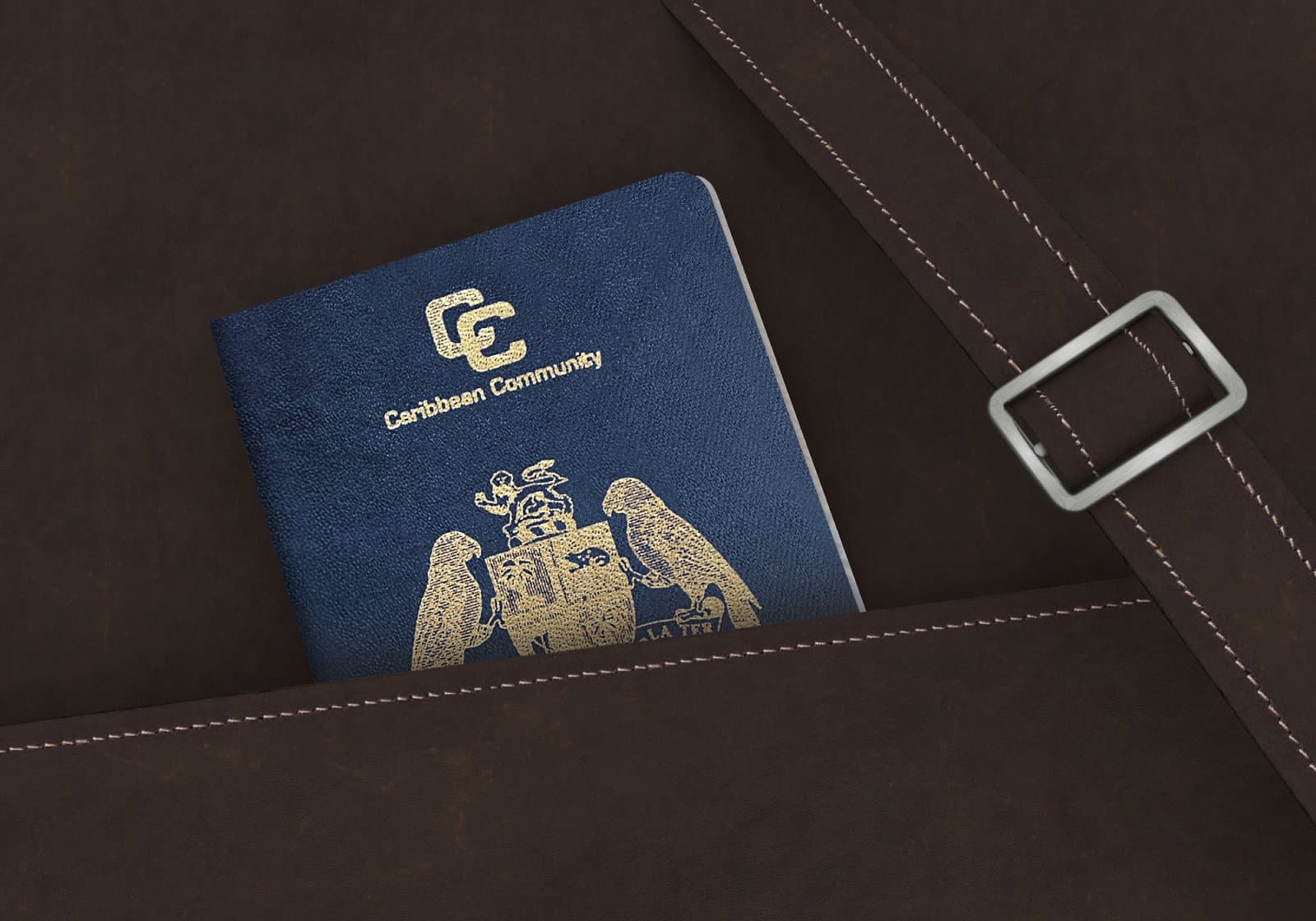
Over 20 acceptable forms of ID cards are accepted, including passports, driving licences, and bus passes for older or disabled people.
Turned Away

However, the introduction of the laws has still caused some upsets. The widely reported case of Adam Diver, a former army veteran turned away from a polling station despite presenting his veteran ID card, exemplifies some of the issues with the new system.
“Can’t Get Any More Official”

Driver told the BBC of his profound disappointment upon finding out he couldn’t vote with his veterans card, stating, “I thought you could use it as an ID card. It’s like a driving licence, you can’t get any more official.”
Apology and Promises

In response to Adam Diver’s case, Minister for Veterans Affairs Johnny Mercer issued an apology and pledged to address the issue.
“I Will Do All I Can”

Mercer wrote to Driver on social media, stating, “The legislation on acceptable forms of ID came out before the veterans ID cards started coming out in January this year. I will do all I can to change it before the next one [election].”
“Added to the Official List”

A government spokesperson added, “It is our intention for the new Veteran Card, which was rolled out in January, to be added to the official list.”
Debate and Criticism

The incident involving Boris Johnson and other reported cases of individuals facing challenges with voter ID requirements has sparked public debate and criticism.
Most Could Vote
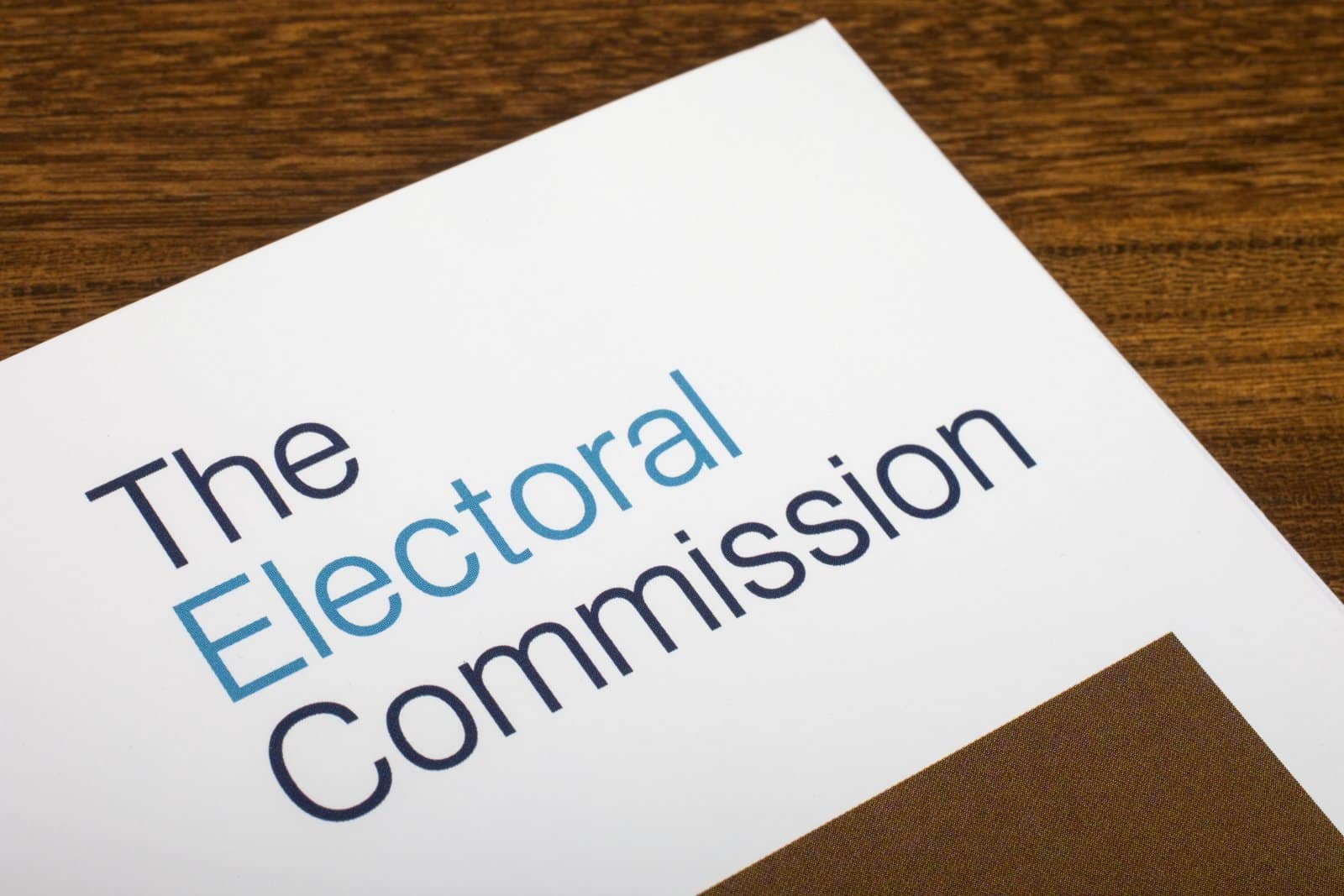
However, despite the ongoing criticism, the Electoral Commission was adamant that “most voters who wanted to vote were able to do so.”
“Collect Evidence”
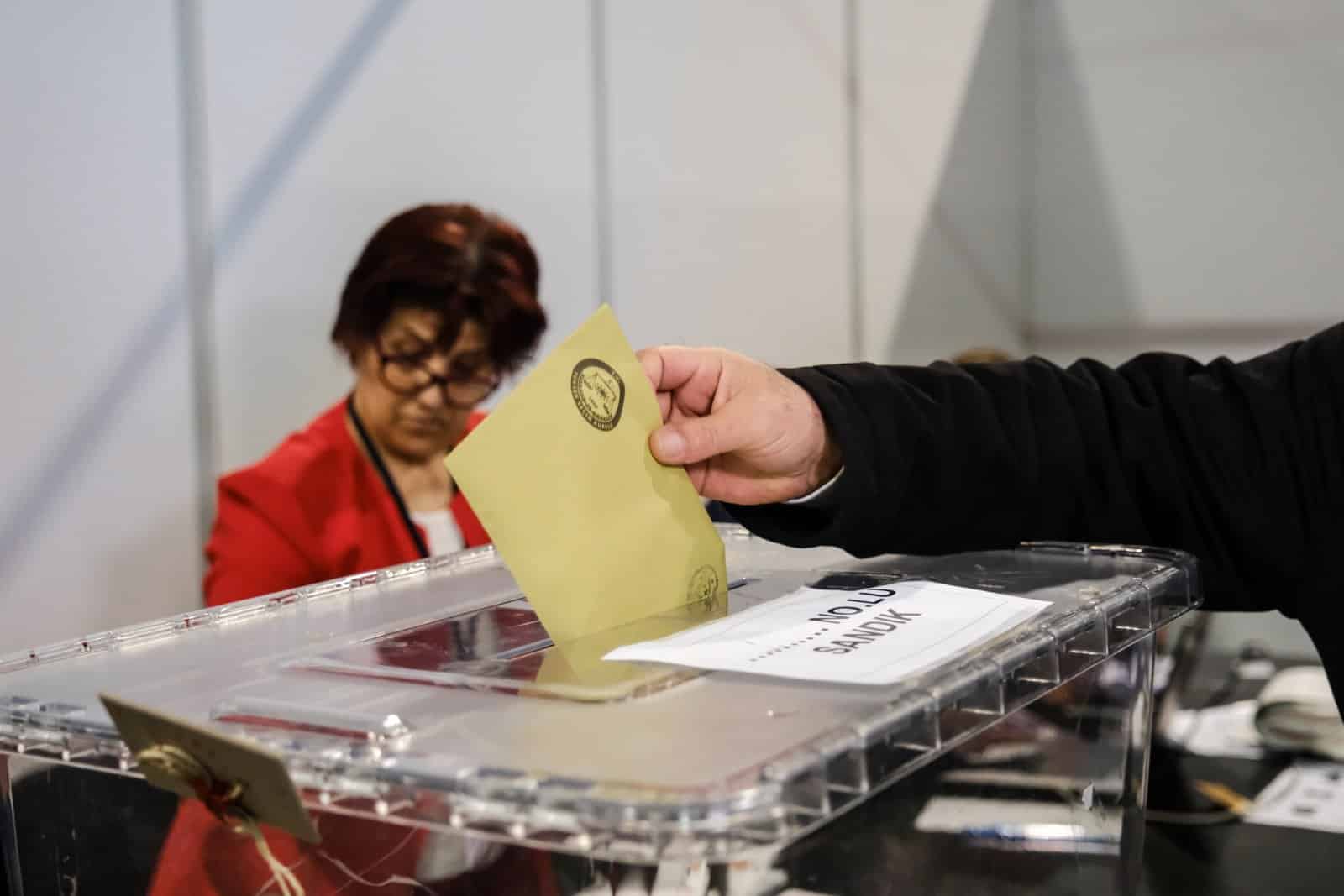
A spokesperson added, “We will now begin to collect evidence from voters, electoral administrators, partner organisations, and campaigners to understand their experiences of the elections and identify any potential obstacles to participation.”
“Teething Problems”

Chief Executive of the Electoral Commission, Vijay Rangarajan, told BBC Radio 4’s Today programme, “It looks as if these are teething problems at the moment but we’re going to evaluate this really carefully.”
Undermining Democratic Participation

As the fallout from the new voter ID laws settles after the local elections, serious questions are still being asked about the necessity of a scheme that seems to undermine democratic participation to prevent voter fraud, a problem that the Electoral Commission stresses does not exist.
Funny and Worrying
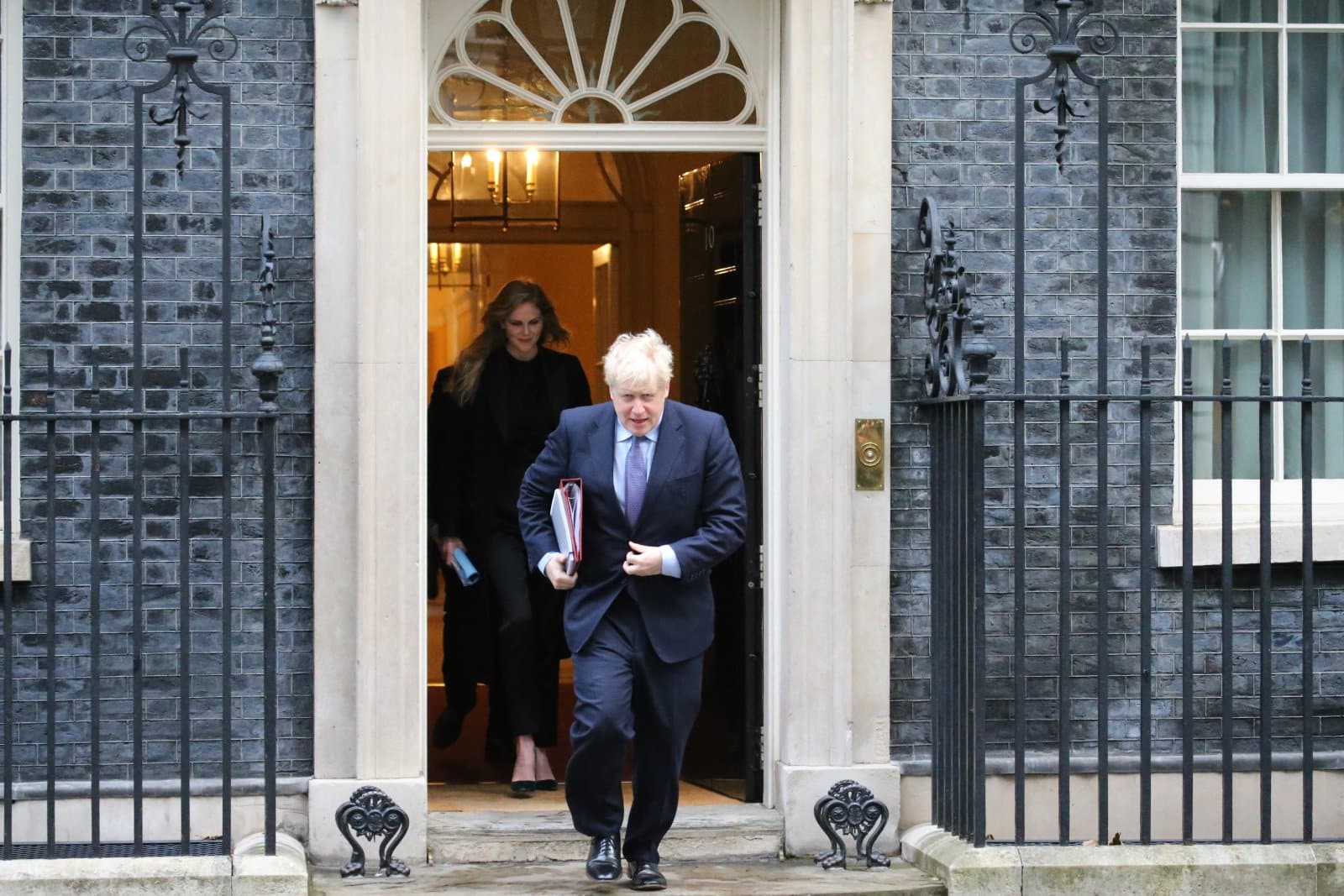
The incident with Boris Johnson, though undoubtedly hilarious, reminds us of the challenges presented when making it harder for citizens to participate in democracy. However, whether the embarrassing incident will lead to a change in the law remains to be seen.
The post Boris Johnson’s Voting Error Fuels Discussion on Accessibility of UK Electoral System first appeared on Swift Feed.
Featured Image Credit: Shutterstock / Alexandros Michailidis.

